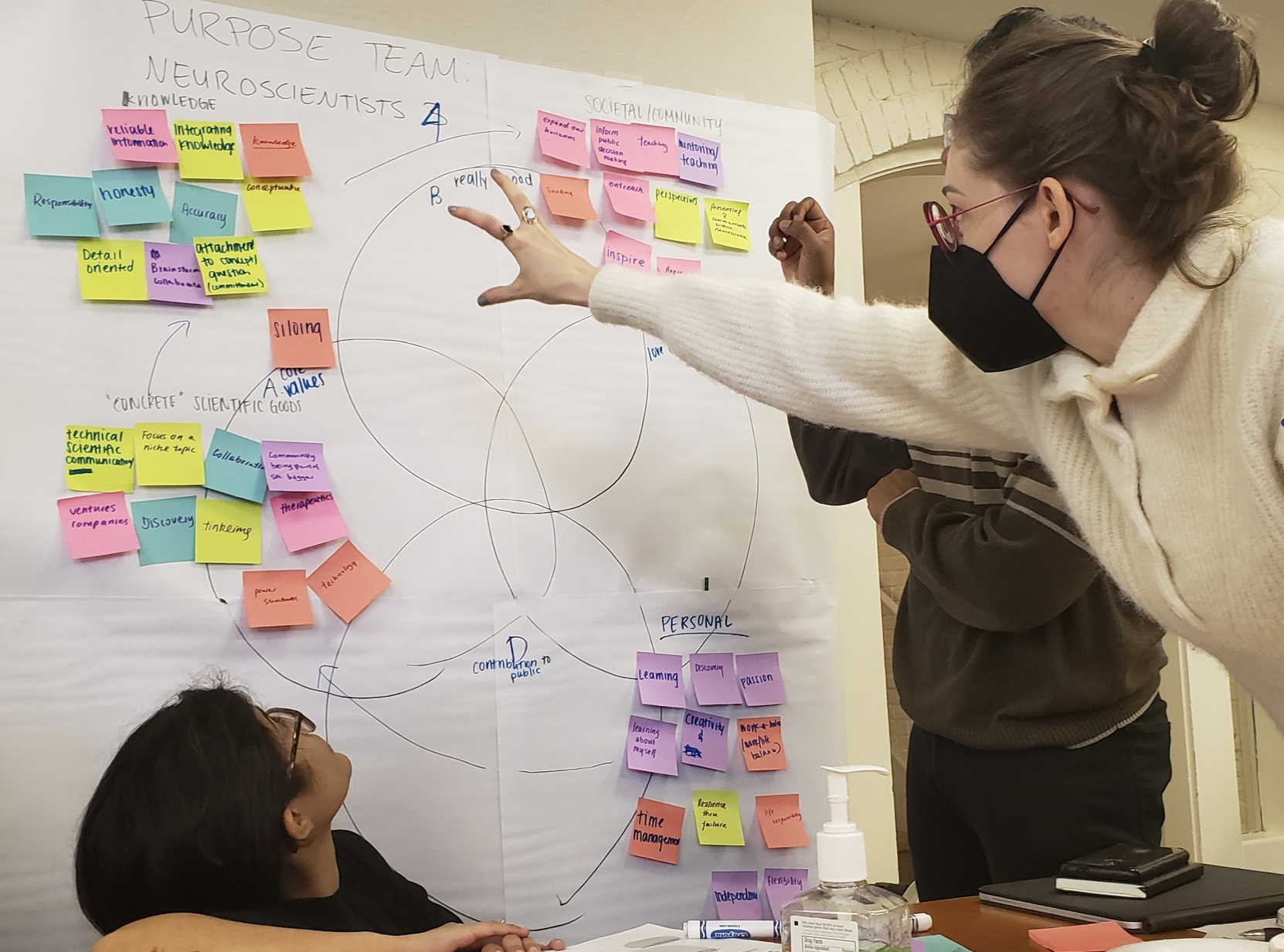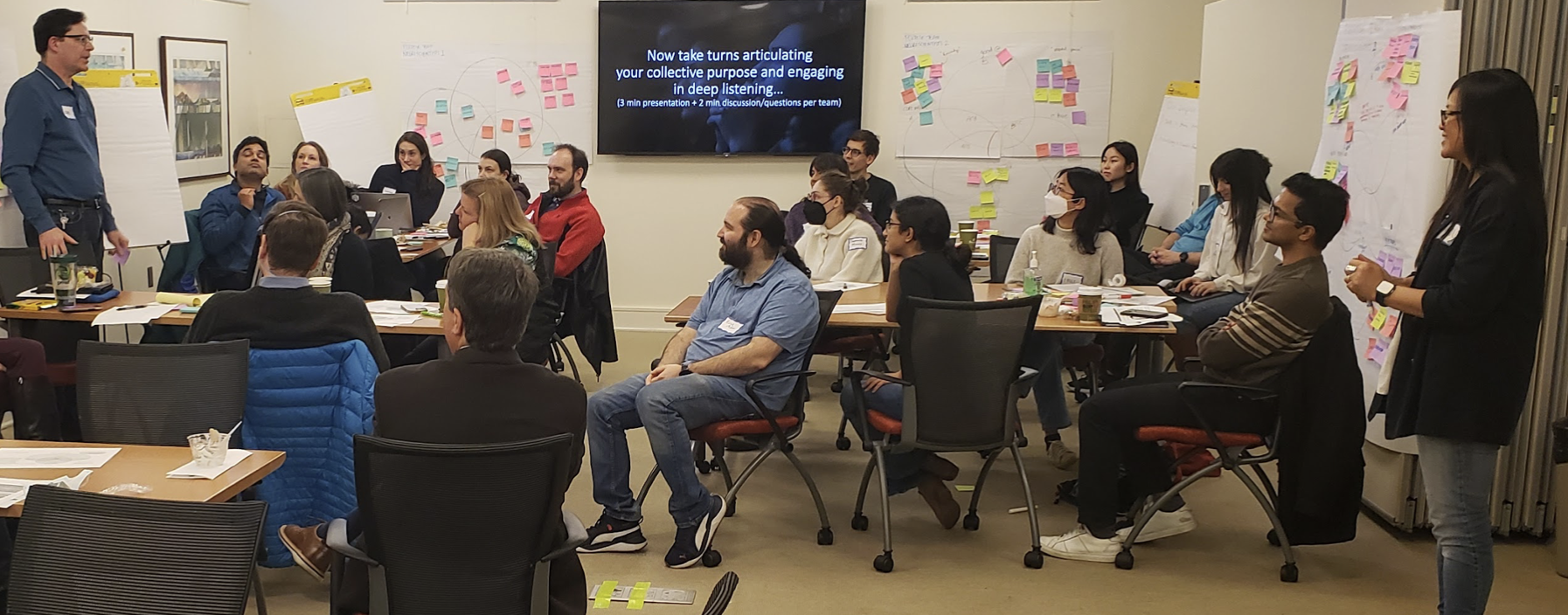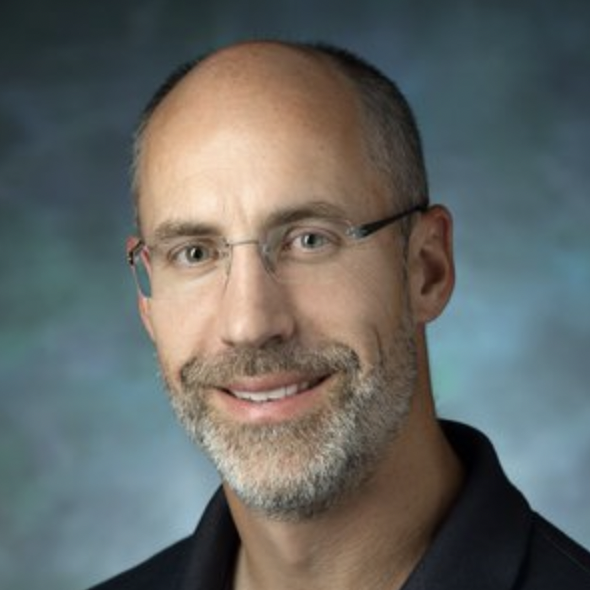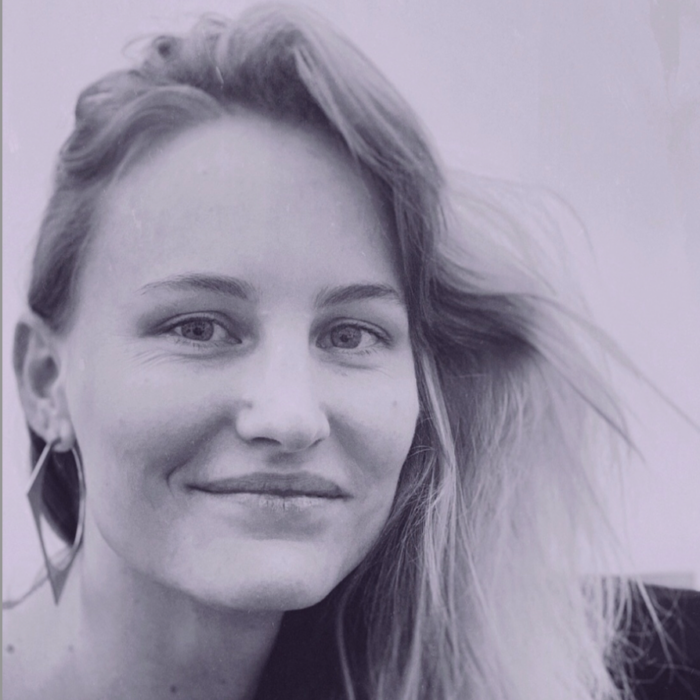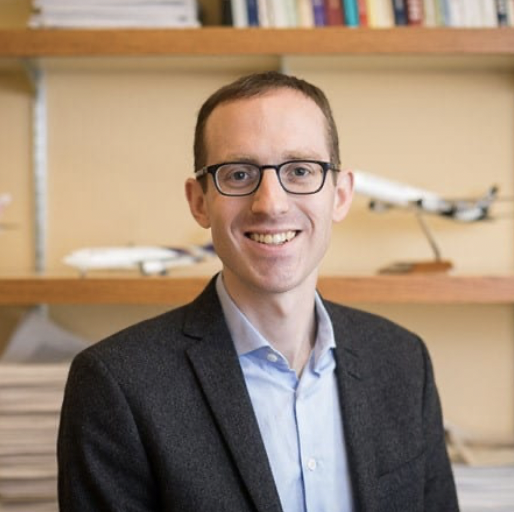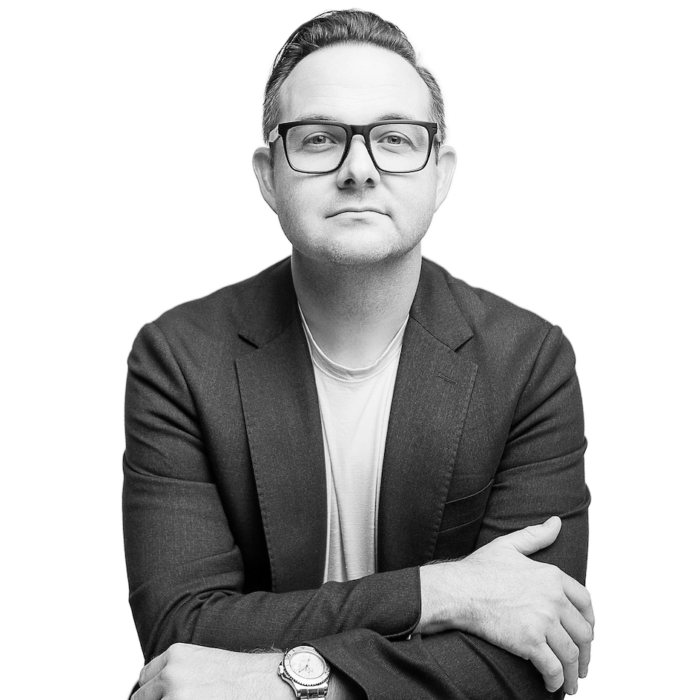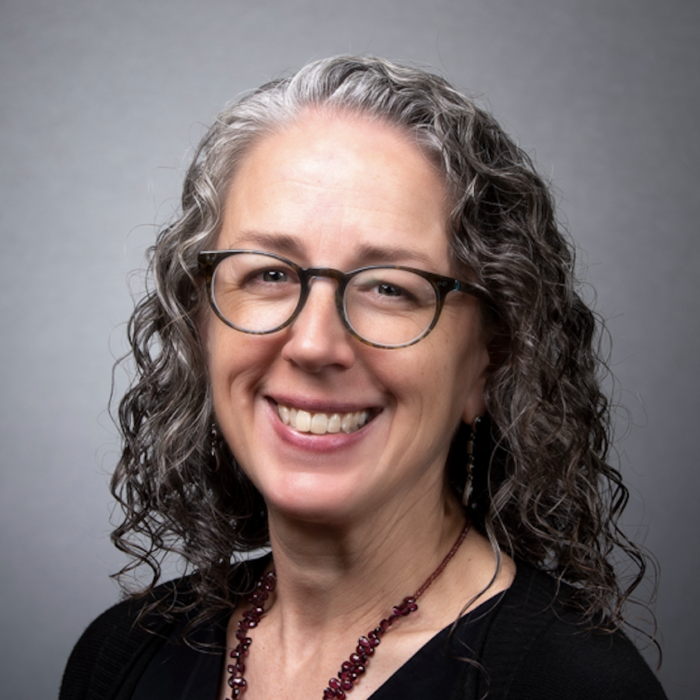Connecting neuroscientists with stakeholders and the general public
Science shapes the world that the public lives in, but scientists and members of the general public rarely have the opportunity to talk. Most neuroscience education programs require trainees to design and execute a rigorous project that can meaningfully inform a scientific question. But the people most likely to be impacted by those pursuits, such as the family member with Alzheimer’s Disease, which may have driven an aspiring researcher into the field of neuroscience, are often absent from the training environment. Without the perspective, expertise, and lived experience of stakeholders, neuroscientists are missing crucial opportunities during their training and professional lives to learn about the values and interests of public stakeholders, the relevance of science outside the laboratory, potential areas of applicability, limitations of their research, and insights into unexplored avenues for future investigation.
Furthermore, we learned from our research that neuroscience trainees not only have limited experience engaging with non-neuroscience stakeholders, but also that they desire both the opportunity and the necessary skills to do so. To begin addressing this unmet desire, we organized an in-person co-design event focused on enhancing knowledge exchange between scientific and public groups.
Co-Design Event
We produced an eight-minute film with palpable moments of humor, earnestness, and empathy that resonated with both public and scientific audiences. The film was screened at the beginning of our in-person workshop to set the stage for the day’s conversations and communicate the motivation and context for the gathering.
The workshop was developed and tested as an experiential learning workshop using co-design as a framework for neuroscientists and disease advocates to engage with one another. Participants identified collaboration as a shared core value driving aspirational goals with barriers to achieving these goals that varied across groups. Prototypes developed by the intentionally cross-disciplinary/cross-stakeholder design teams sought a variety of goals: align incentives within academia, host neuro-themed events, create a mobile brain education van, and provide neuroscience trainees with public stakeholder consultants. In post-workshop survey responses, 70% of participants thought co-design workshops should be part of every first-year neuroscience training program and they could imagine new ways that neuroscience could make an impact through collaboration with diverse stakeholders.
Our workshop demonstrated how human-centered design can foster empathy, identify shared and differing values, and build more trusting relationships. The simple act of asking and listening can also be a powerful pathway for collaborative exchange, as we experienced firsthand both through the workshop and the short film project. Based on our results, we believe that more frequent and meaningful exchanges between science and the public can lead to research becoming more relevant to non-science stakeholders and impactful for neuroscientists who seek fundamental insight into the human brain for the benefit of humanity.
